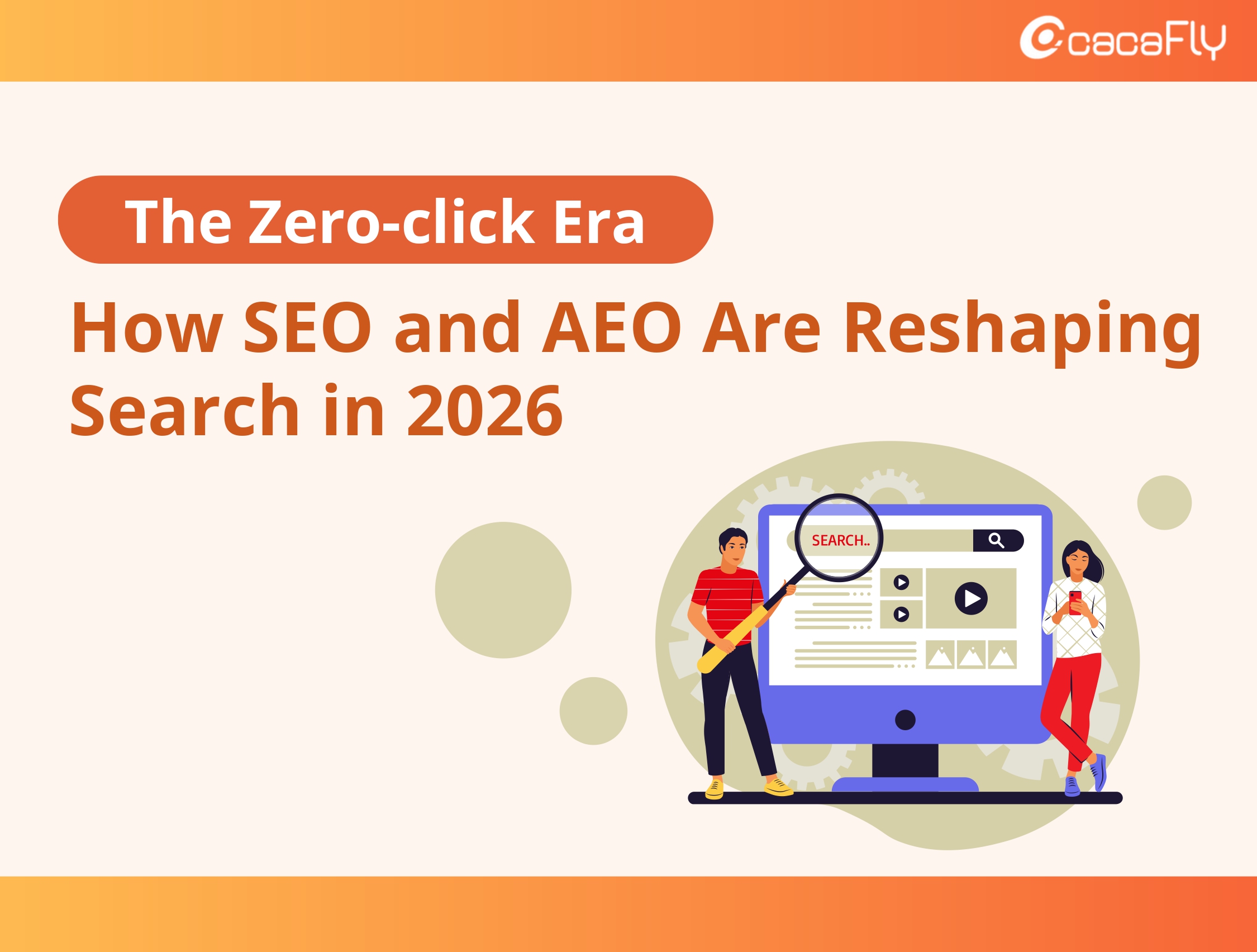
As we move toward 2026, audiences are no longer limited to “typing keywords and scrolling through ten blue links.” Search behavior is now happening across multiple

In the marketing funnel, while awareness and buzz are essential, the real driver of business growth is the ability to direct users to your official

Although Malaysia is a Muslim-majority country, the whisky market continues to demonstrate stable growth potential. Euromonitor’s Spirits in Malaysia 2024 report notes that whisky outperformed other categories last year, driven by

2025 was a year defined by innovation. From AI applications and the rise of Retail Media Networks (RMN) to the booming creator economy, new tools

Do you remember the last time you fell in love with a brand? Was it the warmth of a hand-brewed coffee, the comfort of walking

Many marketers have experienced the moment when inspiration arrives but there is not enough time to execute. In a fast changing market, long production cycles